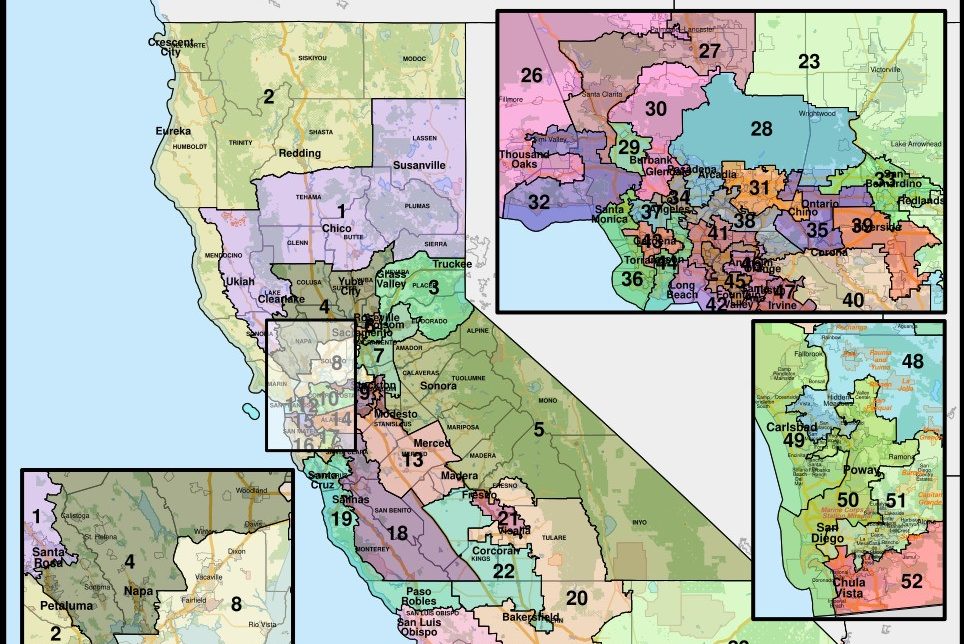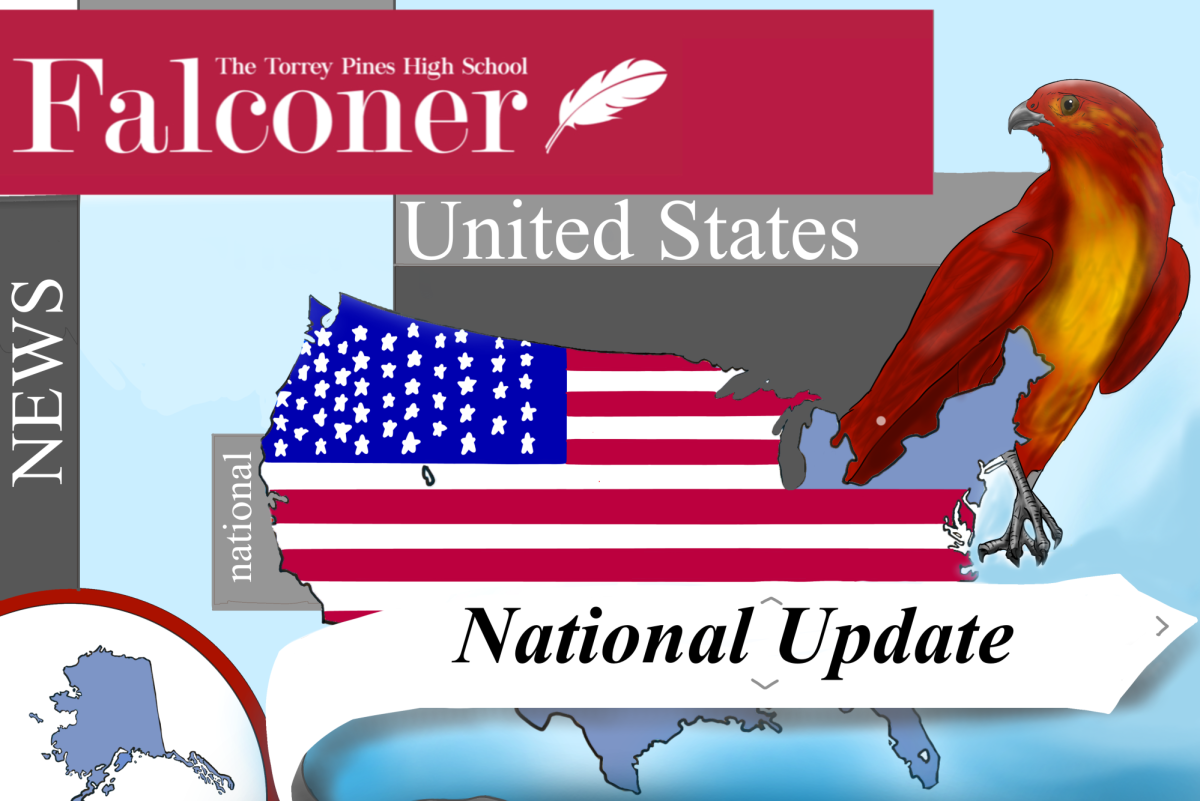With the release of Gov. Gavin Newsom’s proposed 2025-26 budget in January that did not provide adequate funding for the proposed Ethnic Studies course, SDUHSD pivoted to provide an optional Ethnic Studies course pilot for the 2025-26 school year.
Assembly Bill 101 requires that California school districts provide an ethnic studies course by the 2025-26 school year, and that it is implemented as a graduation requirement beginning with the graduating class of 2030. On Feb. 4, SDUHSD decided to make Ethnic Studies optional for the incoming class of freshmen in the wake of the lack of funding. As of now, this course is still a requirement per AB101.
For English Department Chair Lisa Callender, who also teaches AP Literature and Composition and AP Seminar, the decision to provide an optional Ethnic Studies course came late in terms of course selection.
“I was a little disappointed that [the] decision came late in the game, in terms of registration,” Callender said. “I feel like, although there was incredible transparency about what the course was about and parents could attend throughout the school year and learn about the course itself, I think the missing factor was the students in many ways … just like any elective, we often do a lot of promotion about it and I don’t think we had enough time.”
This is reflected in the preliminary numbers of middle school students in SDUHSD who have registered for English 9 or 9 Honors with Ethnic Studies for the 2025-26 school year. Combined with all four high schools in the district, only 12% of incoming ninth graders have registered for English 9 with Ethnic Studies or English 9 Honors with Ethnic Studies. At TPHS, just 4% of the incoming students have signed up to take Ethnic Studies with their English class, which will be taught by English 9 Honors and AP English Language and Composition teacher Brianna Milholland.
Nike Vargas (12), co-president of the Multicultural Student Association on campus, believes in the necessity of this course and was disappointed by the decision to make it optional for next school year.
“I think it’s crucial to be learning about these things,” Vargas said. “You do get exposure to it in [AP U.S. History] and [AP World History] and even in [AP Government and Politics], but I do think it should have been necessary to include it for freshmen.”
Four units were created and approved by the district for this course, with parent input in the form of surveys each step of the way. Topics covered in these units include identity, history and movement, progress and barriers and social movement and equity.
For Amelia Mazo (10), a Diversity, Equity and Inclusion Officer for Associated Student Body, this course is important.
“It teaches students about different backgrounds and ideas and it’s something we don’t usually see in English,” Mazo said. “Most of the books are written by important figures to literature, but not [from] diverse backgrounds.”
This is equally crucial to Callender.
“I believe that the students will greatly benefit from reading these novels and looking at a lot of these themes through a different lens than we have taught in the past,” Callender said. “I just think that it’s beneficial that a number of our students are going to see themselves in the literature.”
While making the course optional for next school year could have its drawbacks, the optionality also comes with some positives.
“You are going to have students who are very curious about the subject, open to learning in a new and different way and looking at this through different lenses so I think that’s going to be a joyful experience for both students and teacher alike,” Callender said. “In many ways, it’s like an elective class in that, when you take an elective, you do so because you have an interest in it … therefore, I think that’s going to be really positive. It is great for a pilot especially to have a class full of kids who are interested and curious about it.”
Mazo agreed.
“People can choose whether to take it or not, but I think it’s something we should encourage people to take since it teaches them about different things that they might not get in other classes, and it’s just something that everyone should know,” Mazo said.
Revisions of the proposed budget will be released in May and a final budget in June, upon which SDUHSD will know if the appropriate funds will be provided for Ethnic Studies for the 2029-30 class.
“I think it’s a necessary thing to do and I think it’s long overdue,” Vargas said. “I feel like, given we’re lacking a history class for our ninth graders, that it would make sense [to require this course].”










